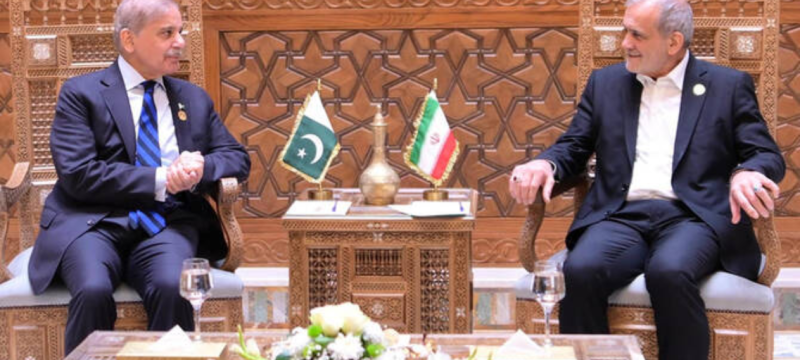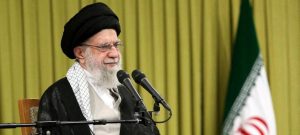Pakistan has categorically denied any involvement in recent U.S. or Israeli strikes on Iranian nuclear facilities, stating it has not allowed the use of its airspace, land, or waters for any military operations against Iran. The clarification comes amid rising regional tensions following U.S. attacks on Iran’s nuclear sites on the night of June 21/22.
In an official statement, Pakistan’s Ministry of Foreign Affairs reaffirmed the country’s longstanding policy of neutrality and respect for sovereignty. It emphasized that Iran has the legitimate right to self-defense under international law, while reiterating that Pakistan remains committed to protecting its own territorial integrity.
Also Read: Pakistan Extends Airspace Restrictions for Indian Aircraft by One Month
The statement aligns with recent diplomatic outreach, including Prime Minister Shehbaz Sharif’s phone call to Iranian President Masoud Pezeshkian, in which he condemned the strikes and expressed solidarity with Tehran. Pakistan has consistently advocated for de-escalation and dialogue in the Middle East rather than military confrontation.
Meanwhile, the fallout from the U.S. strikes continues to impact global aviation. According to flight tracking site FlightRadar24, commercial airlines have diverted traffic away from Iranian, Iraqi, Syrian, and Israeli airspace due to heightened security risks. Flights are now rerouting north via the Caspian Sea or south through Egypt and Saudi Arabia, resulting in longer routes and increased operational costs.
With missile and drone activity surging across the region, international airspace safety remains a growing concern. Airlines have suspended most commercial routes to affected areas since the conflict escalated on June 13, leaving only limited evacuation and repatriation flights in operation.





